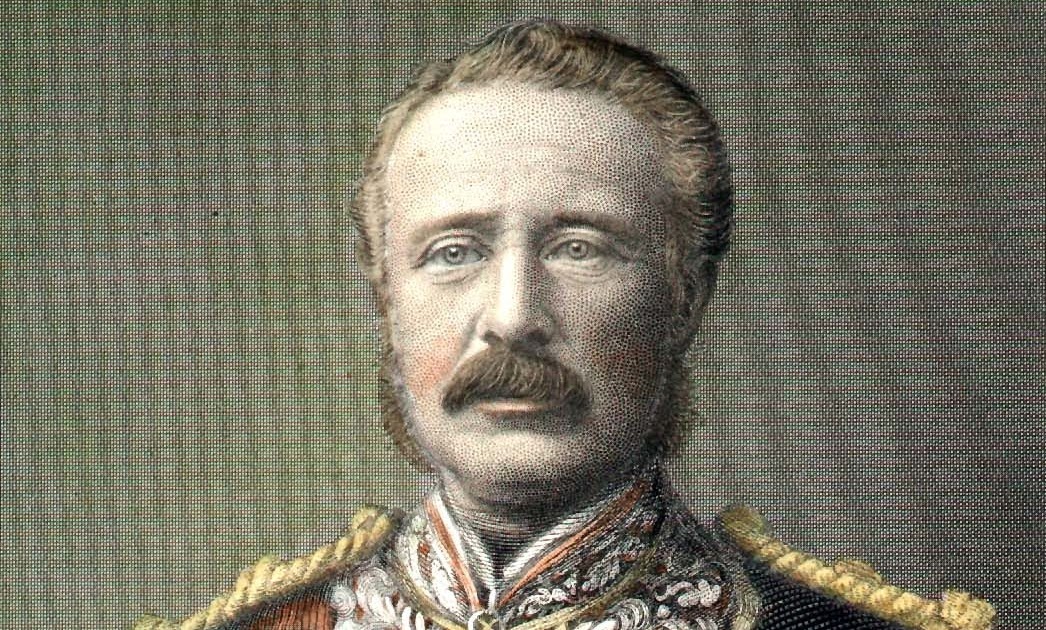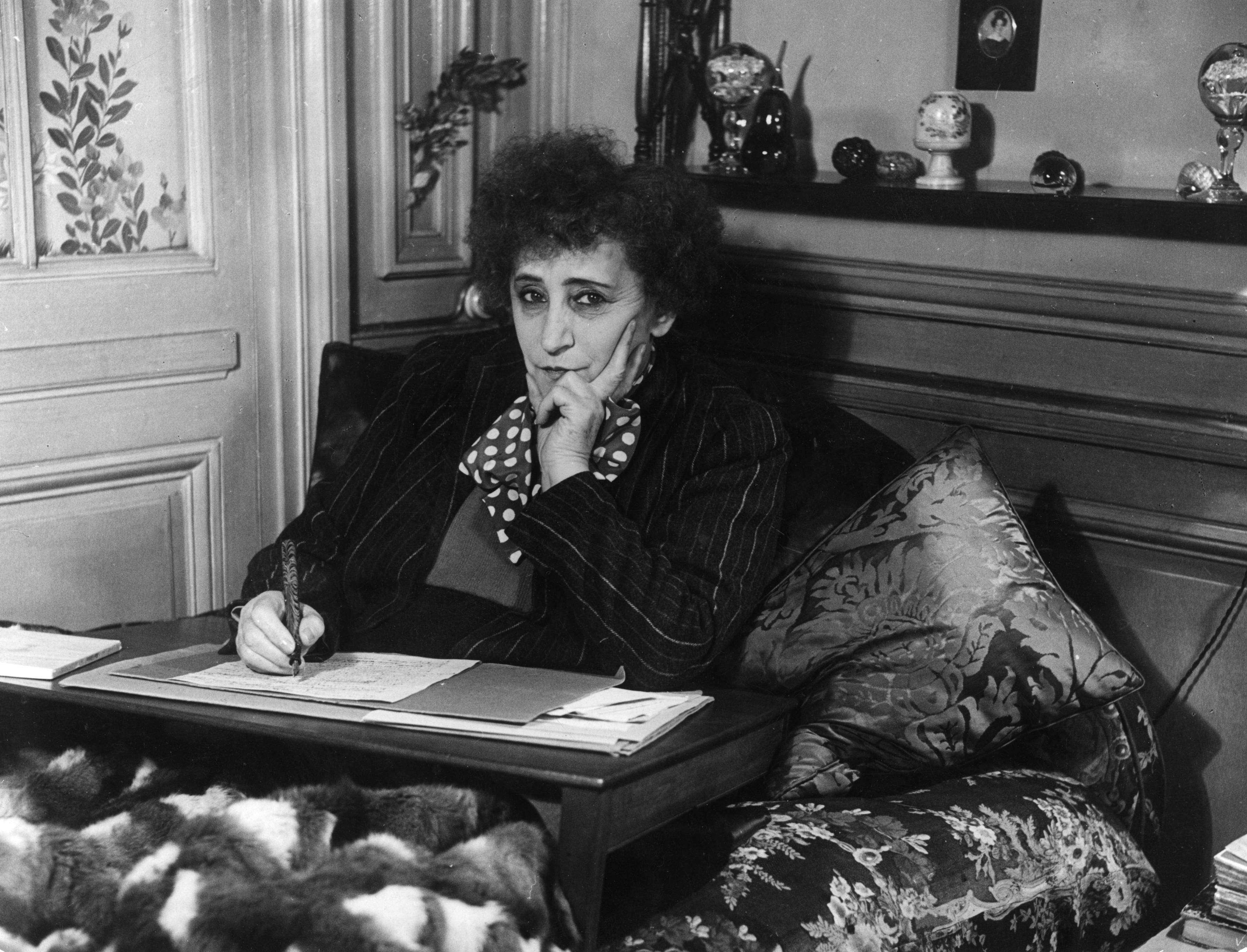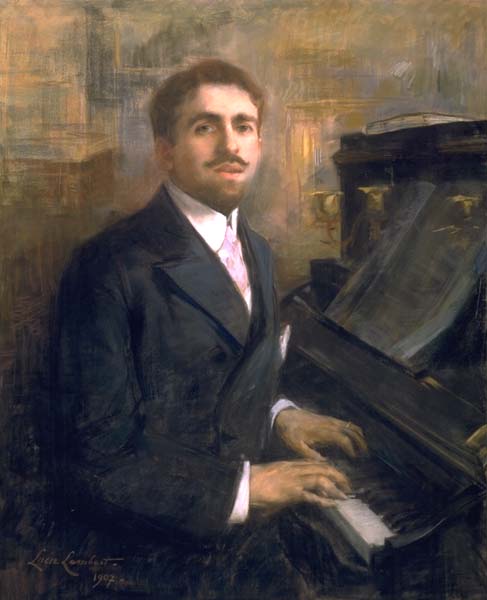|
Gay Wisdom for Daily Living brought to you by White Crane Institute ͏ ͏ ͏ ͏ ͏ ͏ ͏ ͏ ͏ ͏ ͏ ͏ ͏ ͏ ͏ ͏ ͏ ͏ ͏ ͏ ͏ ͏ ͏ ͏ ͏ ͏ ͏ ͏ ͏ ͏ ͏ ͏ ͏ ͏ ͏ ͏ ͏ ͏ ͏ ͏ ͏ ͏ ͏ ͏ ͏ ͏ ͏ ͏ ͏ ͏ ͏ ͏ ͏ ͏ ͏ ͏ ͏ ͏ ͏ ͏ ͏ ͏ ͏ ͏ ͏ ͏ ͏ ͏ ͏ ͏ ͏ ͏ ͏ ͏ ͏ ͏ ͏ ͏ ͏ ͏ ͏ ͏ ͏ ͏ ͏ ͏ ͏ ͏ ͏ ͏ ͏ ͏ ͏ ͏ ͏ ͏ ͏ ͏ ͏ ͏ ͏ ͏ ͏ ͏ ͏ ͏ ͏ ͏ ͏ ͏ ͏ ͏ ͏ ͏ ͏ ͏ ͏ ͏ ͏ ͏ ͏ ͏ ͏ ͏ ͏ ͏ ͏ ͏ ͏ ͏ ͏ ͏ ͏
|
|
||||
| This Day in Gay History | ||||
January 28Born 1833 - CHARLES GEORGE “CHINESE” GORDON British soldier and administrator born (d. 1885); A military hero of imperial Britain and a martyr at Khartoum, Gordon worried constantly about his inability to score with women, several times wishing himself either a eunuch or a corpse. His wish to die in battle, which was eventually granted him, no doubt accounted for his almost legendary bravery. He made his military reputation in China, where he was placed in command of the “Ever Victorious Army”, a force of Chinese soldiers led by European officers. In the early 1860s, Gordon and his men were instrumental in putting down the Taiping Rebellion, regularly defeating much larger forces. For these accomplishments, he was given the nickname "Chinese Gordon" and honors from both the Emperor of China and the British. He also liked dressing in elaborately embroidered Asian costume as was the fashion in the day. Although the record shows that he surrounded himself with beautiful young men, his sense of honor and his religious convictions make it doubtful that his soul was ever sullied, no less his pud. Still, he found a novel way to gratify his senses. He was fond of picking up street urchins, bathing them, feeding them, and mending their clothes with his own needle and thread. Wasn’t that sweet of him? 1873 - GABRIELLE SIDONIE COLETTE, French writer was born (d. 1954); The great French writer’s affairs with women are well known, but equally so are her affairs with men. Colette’s was a concept of androgyny in which everyone was predisposed to discover within herself, himself, and in other people, a subtle mixture of male and female components. “Once the precious tresses are cut,” she wrote, “the breasts, hands, bellies, hidden, what is left of our female facades? In sleep, an incalculable number of women approach the form they would probably have chosen had their life awake not made them ignorant of themselves. And the same for me. I can still see the gracefulness of a sleeping man! From forehead to mouth, behind his closed eyelids, he smiled, nonchalant and sly as a sultana behind her grilled window… And I, who would have in my stupidity ‘really liked’ to be completely a woman, I looked at him with a male regret.” Ambivalence was Colette’s middle name. “Be happy. It’s one way of being wise,” said Colette. She published around 50 novels in total, many with autobiographical elements. Her themes can be roughly divided into idyllic natural tales or dark struggles in relationships and love. All her novels were marked by clever observation and dialogue with an intimate, explicit style. Her most popular novel, Gigi, was made into a Broadway play and a highly successful Hollywood motion picture, Gigi, starring Maurice Chevalier, Louis Jourdain and Leslie Caron. A controversial figure throughout her life (at age 60 she had an incestuous affair with her 16 year old son), Colette was open about her Lesbian affairs. She aided her Jewish friends, including hiding her husband in her attic all through the war. She was a member of the Belgian Royal Academy (1935), president of the Académie Goncourt (1949) (and the first woman to be admitted into it, in 1945), and a Chevalier (1920) and a Grand Officier (1953) of the Légion d'honneur. When she died in Paris on August 3, 1954, she was given a state funeral, although she was refused Roman Catholic rites because of her divorce. Colette is interred in Le Père Lachaise Cemetery in Paris. In her own words: “What a wonderful life I had…I only wish I knew it sooner.” 1875 - On this date the Venezuelan-born French composer, conductor, music critic and diarist REYNALDO HAHN was born (d. 1947). Best known as a composer of songs, he wrote in the French classical tradition of the mélodie. The fine craftsmanship, remarkable beauty, and originality of his works capture the insouciance of la belle époque. A child prodigy, Reynaldo made his "professional" début at the salon of the eccentric beldam Princess de Metternich (Napoleon's niece). Hahn played the piano accompaniment to his own singing of Jacques Offenbach's arias on this occasion; just a few years later at the age of eight, Hahn would compose his first songs. Despite the Paris Conservatoire's tradition of antipathy towards child prodigies (Franz Liszt had famously been rebuffed by the school many years before), Hahn entered the school at the age of ten. His teachers included Jules Massenet, Charles Gounod and Camille Saint-Saëns; Alfred Cortot and Maurice Ravel were fellow students. The poet Paul Verlaine, whose lyrics inspired many of Reynaldo's most beautiful songs, had on one occasion a chance to hear the young composer's settings of his poems (which Hahn entitled Chansons grises, begun in 1887 when Hahn was twelve years old and finished three years later). The poet "wept to hear Hahn's songs". L'heure exquise, from Chansons, was undoubtedly one of the songs that brought tears to Verlaine's eyes. With its flowing piano accompaniment, gentle melody, and ingenious modulations, Hahn captured the limpid and languid beauty of its text. The poet Stephane Mallarmé, also present, wrote the following stanza: Le pleur qui chante au langage Du poète, Reynaldo Hahn, tendrement le dégage Comme en l'allée un jet d'eau. In 1894, at the home of artist Madeleine Lemaire, Hahn met an aspiring writer three years older than himself. The writer was the then little-known, "highly strung and snobby" Marcel Proust. Proust and Hahn shared a love for painting, literature, and Fauré. They became lovers and often traveled together and collaborated on various projects. One of those projects, Portraits de peintres (1896), is a work consisting of spoken text with piano accompaniment. Hahn honed his writing skills during this period, becoming one of the best critics on music and musicians. Seldom appreciating his contemporaries, he instead admired the artists of the past (shown in his portraits of legendary figures). His writing, like Proust's, was characterized by a deft skill in depicting small details. Proust's unfinished autobiographical novel Jean Santeuil, posthumously published and, by some, considered ill-structured, nevertheless shows nascent genius and foreshadows his masterpiece À la recherche du temps perdu. Proust began to write it in 1895, one year after meeting Hahn (on whom the hero is reportedly based). Although by 1896 they were no longer lovers, they remained lifelong friends and supporters until Proust's death in 1922. 1940 - Today is the birthday of the Swiss novelist, pianist and actor GUIDO BACHMANN. (d: 2003) Born in Luzern, Switzerland, Bachmann work includes Gilgamesch, Madeira, Die Parabel, Echnaton, and Dionysos. Gilgamesh is Bachmann's first work published in 1966. The book is dedicated to Bachmann's friend Alfred Arm. Roland Steinmann, the protagonist of the novel, is an adolescent as talented as he is complicated and vulnerable, who is in trouble because of his adolescent love for another boy named Christian. The educational and problem novel is considered socially critical, modern and timeless. Among other things, the novel led to the "Burgdorfer scandal" because of its provocative depiction of human sexuality. When the novel was published in 1966, it became the talk of the day because of its homoerotic passages. After a reading in 1967 in Burgdorf by a reading group named “group 67” it came to a scandal: the high school student Martin Schwander was temporarily excluded as organizer of the reading of the high school, and the group 67 was so pressured that it disbanded | ||||
|
|8|O|8|O|8|O|8|O|8|O|8|O|8|O|8| Gay Wisdom for Daily Living from White Crane Institute "With the increasing commodification of gay news, views, and culture by powerful corporate interests, having a strong independent voice in our community is all the more important. White Crane is one of the last brave standouts in this bland new world... a triumph over the looming mediocrity of the mainstream Gay world." - Mark Thompson Exploring Gay Wisdom & Culture since 1989! |8|O|8|O|8|O|8|O|8|O|8|O|8|O|8| | ||||
|
|||||
|





